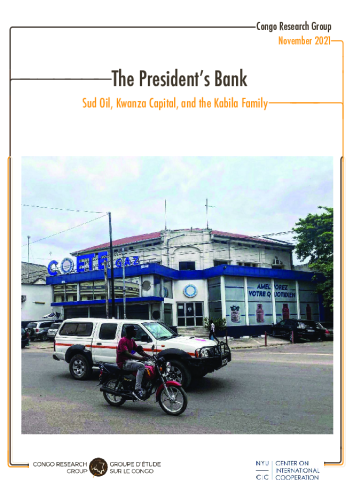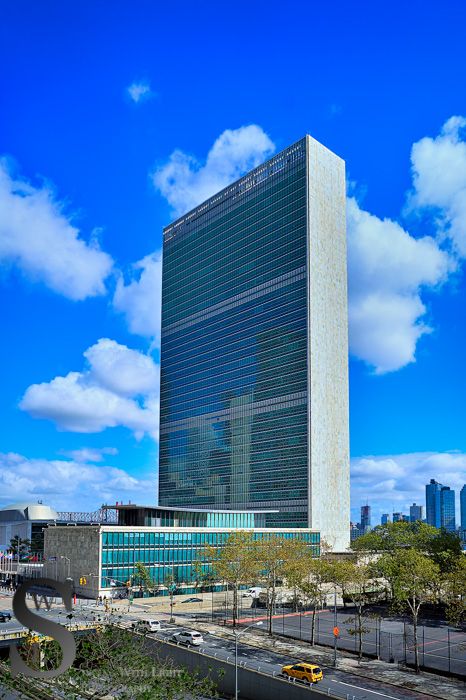In 2017, the Congo Research Group (CRG) published a comprehensive study of companies owned by members of former President Joseph Kabila’s family, using publicly available documents to show their involvement in over 80 corporations around the world. This gave them ownership over 450 miles of diamond concessions along the Angolan border, contracts worth millions working on mining projects, shares in the largest mobile phone company, and vast tracts of farmland. The contrast between the family’s relative poverty before it came to power in 1997 and this wealth is striking. However, it was difficult to as-sess the value of these assets or the overall wealth of the family and its members, or to prove any crimes beyond conflicts of interest.

The current report builds on this research by showing how members of the Kabila family came to control a key bank in Kinshasa, the local branch of the Banque gabonaise et française internationale (BGFIBank). Accounts there belonging to two companies, Sud Oil and Kwanza Capital, in which the Kabila family were important shareholders, then benefitted from $92.3 million in questionable transfers from a variety of state-run companies and agencies. These include the central bank, the election commission, the Permanent Mission to the United Nations, the national assembly, and a fund set up to manage road tolls.
It is difficult to conceive of a legitimate reason for these transfers––the bank documents in CRG’s possession do not show any service provided by Kabila’s companies, and Sud Oil does not appear to have had any assets during this period. There is no accompanying justification for these large transfers, as is required by the Congolese law against money laundering, nor was there any public tender, which is required for state contracts. In addition, records in our possession also show that David Ezekiel, the general manager of Sud Oil, withdrew more than $50 million in cash during this period without justification, which may violate national legislation against money laundering. When contacted, the companies and individuals named here either did not respond or did not provide a plausible explanation.
All of this raises serious questions about potential financial impropriety. Moreover, it casts doubt on the ability of various financial regulators—in particular, the central bank and the Cellule nationale des renseignements financiers (National Financial Intelligence Cell, CENAREF)—as well as tax agencies to carry out the necessary oversight.
This investigation is based on more than 3.5 million leaked documents obtained by the Platform to Protect Whistleblowers in Africa (PPLAAF) and Mediapart and shared with Congo Research Group by PPLAAF and the European Investigative Collaborations (EIC) network as part of the “Congo Hold-up” project. CRG then carried out research in Kinshasa to better understand these transactions and the companies involved, interviewing relatives of those involved, former BGFIBank DRC officials, and tax authorities between January and October 2021.
[ Read the full report: The President’s Bank: Sud Oil, Kwanza Capital, and the Kabila Family ]
Featured Press



